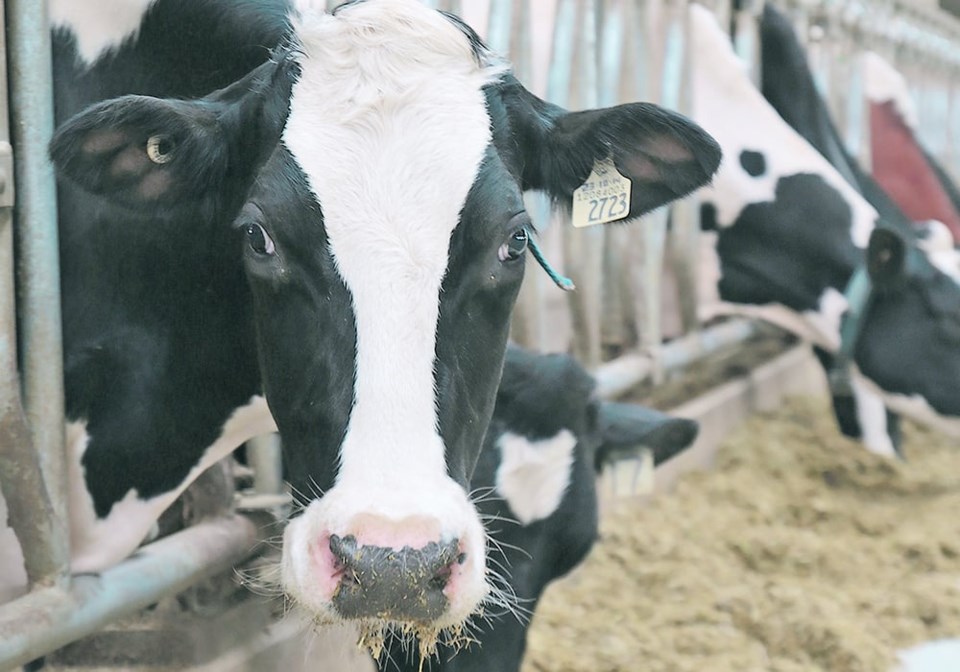A dairy product made via fermentation processes has become the first of its kind to get the green light from Health Canada.
It’s not plant-based like other dairy alternatives. It contains a milk protein identical to that produced by dairy cows, and can therefore be considered animal-based even though it was not produced directly by a cow.
It’s called Remilk, and it was developed by an Israel-based startup company by the same name.
The company announced Feb. 5 that it had received a “No Objection Letter” from Health Canada, and said in a press release that the letter will “open the door for use of Remilk’s protein in a variety of products with the same taste and texture as milk, ice cream, yogurt, cream cheese and more.”
According to Remilk’s website, its products are developed using copies of the gene responsible for production of the beta-lactoglobulin (BLG) milk protein in cows. The gene is inserted into yeast and fermented, “where it multiplies rapidly and produces real milk proteins, identical to those that cows produce,” the company said.
The proteins are then combined with vitamins, minerals and “non-animal” fats and sugars, which produce products free from cholesterol or lactose.
The development process is also known as cellular agriculture, and there has been significant investment into fermentation-type technologies to produce proteins and other ingredients derived from animal and plant cells in recent years.
Remilk raised US$120 million in 2022 from Israeli venture capital group Haraco Ventures to further develop animal-free BLG.
Closer to home, German-based bioengineering company Cultivated B last year invested $50 million to refurbish a 130,000 sq foot building in Burlington to increase the province’s cellular agriculture manufacturing capabilities. It is partnering with Ontario Genomics.
Cellular agriculture will have a significant role to play in providing proteins, enzymes, growth factors, flavouring agents, vitamins, natural pigments, complex sugars and fats to food processors and manufacturers.
It’s unknown whether Remilk will manufacture the product in Canada. Shipping it from elsewhere will certainly add to the consumer price. But as cellular agriculture technologies grow in capacity, costs will come down, perhaps to a point lower than what dairy products cost when produced by cows.
The cost factor is just one argument the dairy industry will have to wrestle with as products like Remilk gain regulatory approval.
Another is environmental sustainability.
The beef and dairy cattle industries are targets for environmentalists, who blame them for increasing greenhouse gas emissions because cows belch methane and produce manure, eat crops that could feed people and require a lot of water.
Those complaints could be used to Remilk’s advantage.
Co-founder and chief executive officer Aviv Wolff said in the company’s release that “Canada is an important market for us. We are now ready to partner with leading food companies in the country and offer consumers a whole new experience of guilt-free indulgence.
“We’re creating the new generation of food that is not only delicious and nutritious, but significantly more sustainable, and kind to our planet and animals.”
I don’t think Remilk or other dairy alternatives will take over the dairy industry, but the fight for market share will be real. How that battle will play out in coming years will depend on how the dairy industry markets itself.
Writing in The Conversation in 2022, Australian PhD candidate Milena Bojovic said, “the traditional dairy sector must recognize it’s on the cusp of pivotal change. In the face of multiple threats, it should maximize the social benefits of animal-based dairy and minimize its contribution to climate change.”
The dairy industry in Canada is making great strides to lower its environmental impact, implementing a comprehensive net-zero 2050 plan and focusing on innovations that increase efficiencies.
This will be expedited by the recent approval of the methane-inhibitor Bovaer.
However, continued health of the dairy industry will depend on its ability to show consumers its dedication to sustainability, environmental responsibility and economics.
Because its competitors will certainly do so.
Kristy Nudds is editor of Farmtario.




